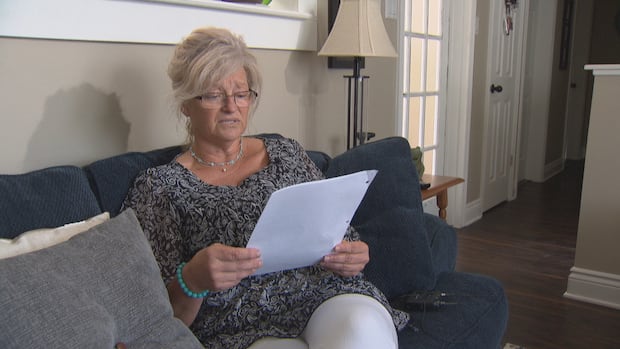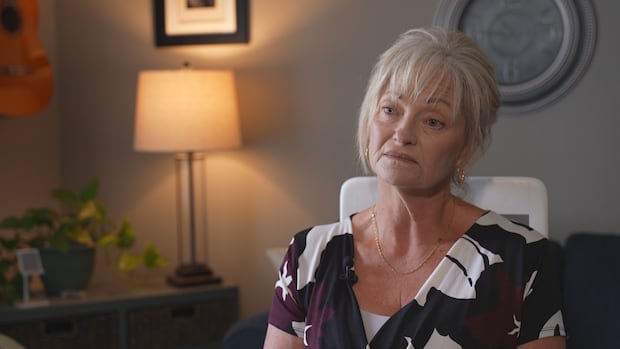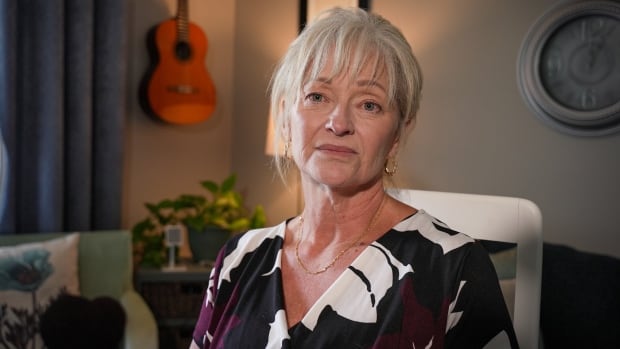
WARNING: This article contains graphic descriptions of child sexual abuse and may affect those who have experienced sexual violence or know someone affected by it.
Susanne Barrow says she was sexually assaulted by a doctor at the Hospital for Sick Children (SickKids) during a family vacation in Toronto, after she fell ill with food poisoning.
She was 12. It was the summer of 1980.
It would take her 35 years to muster the courage to put into her own words what happened to her.
“He put on gloves, lifted up the cover and told me to pull my shorts and underwear down. Then he inserted his fingers deep into my vagina. Then he walked away,” Barrow wrote in a letter to SickKids in 2015, describing the physician’s unorthodox approach to taking her “internal heat.”
“Despite suffering horribly from food poisoning, something wasn’t right. I knew something dirty had just happened to me and I was too sick to talk,” the letter read.
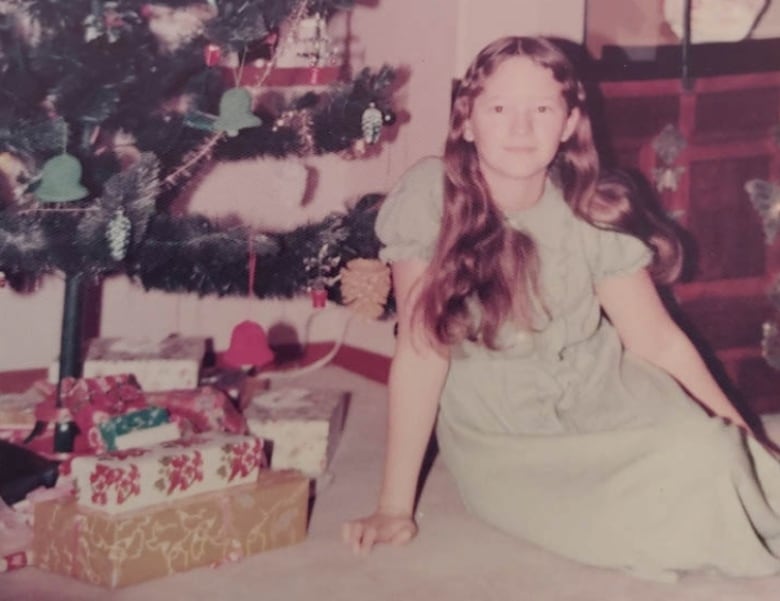
At first, hospital administration responded swiftly and provided support, but over time, Barrow said it became increasingly difficult to get answers about the identity of the perpetrator.
Her near decade-long quest for justice would eventually lead to a $2.3-million lawsuit against not just her alleged assailant, but SickKids, too. The case remains before the courts.
It all began with a simple question: Who was the attending physician who violated Barrow all those years ago? Not knowing the truth haunted Barrow throughout her youth and adulthood.
“One day, something just hit me like a ton of bricks and I thought, I can’t be the only one,” she told CBC.
“That’s when I decided that I needed to write a letter to the SickKids hospital, let them be aware that there was a pedophile, that I had been assaulted, and I didn’t want it to happen to anybody else,” said Barrow, now 57 and living in a hamlet south of Ottawa.
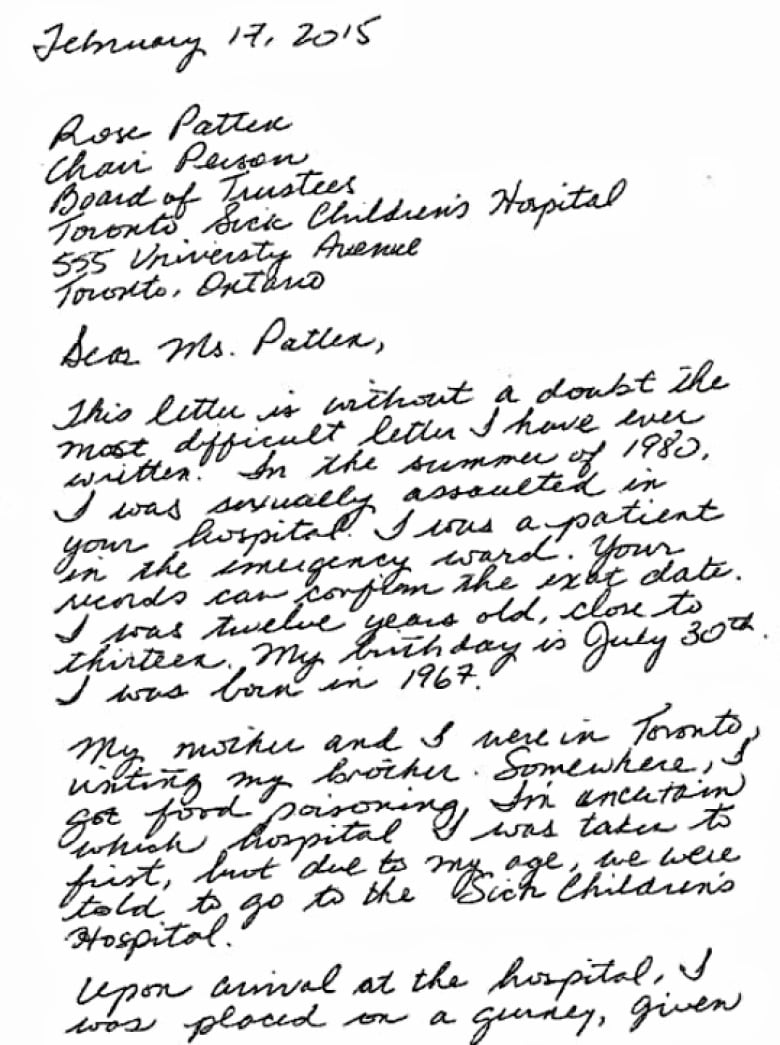
A shocking discovery
Barrow had long suspected she wasn’t the only victim, but said neither police nor SickKids staff were particularly cooperative in helping her track down her abuser — until she retained an Ottawa-based law firm in 2015.
In 2017, when her legal team requested Barrow’s medical records from the hospital, staff advised them to pay attention to the admitting doctor on the day she was there as a child.
The 1980 record listed a doctor named Eleazar Noriega.
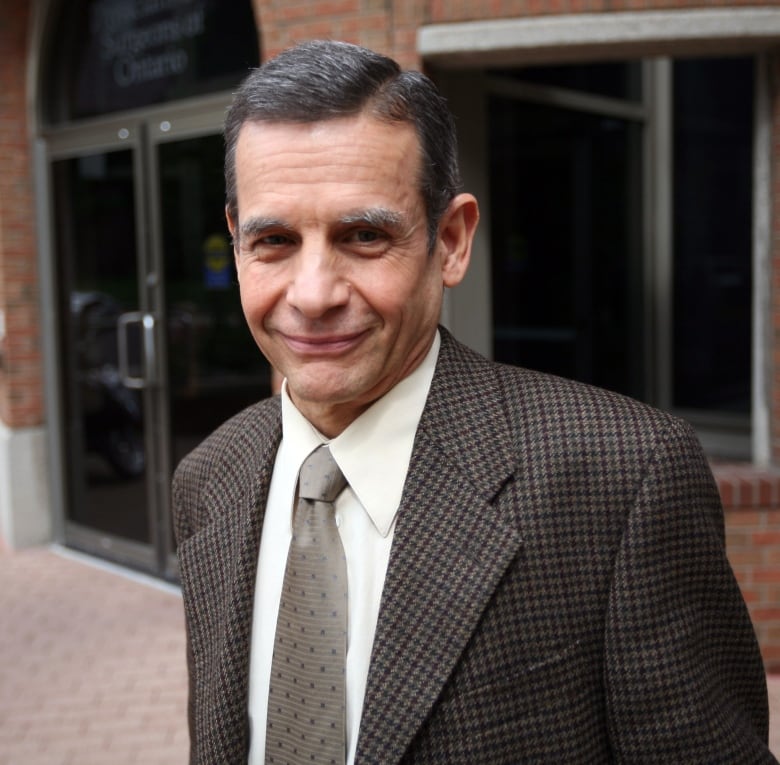
A quick search on the internet yielded a long string of stories of misconduct and allegations of sexual abuse through his nearly 40-year career as a pediatrician at SickKids and his own private practice.
The earliest alleged incident happened in 1979, predating Barrow’s visit to SickKids. In total, the disgraced pediatrician, who lost his medical licence in 2015, was the subject of three other complaints.
The stories echo details of Barrow’s own trauma — girls who were 15, 17 and eight at the time of their alleged assaults in 1979, 2002 and 2008.
Barrow said she felt a nauseating mix of shock, sorrow and guilt upon learning Noriega’s history.
“I grappled for a long time with, had I come forward earlier, could I have prevented this?”
In his statement of defence filed in response to Barrow’s civil suit, Noriega “denies that he ever touched the plaintiff in a sexual manner or at all at any time whatsoever.”
The document mentions other residents and fellows were working at the hospital back then, suggesting Barrow may have misconceived or fabricated what happened.
From 2003 to 2009, Toronto police laid multiple charges against Noriega in connection to the three other alleged victims, whose identities are protected under a publication ban.
The charges were either withdrawn or resulted in an acquittal by jury. The regulatory body in charge of disciplining physicians found Noriega guilty of sexual abuse and professional misconduct on multiple occasions, however.
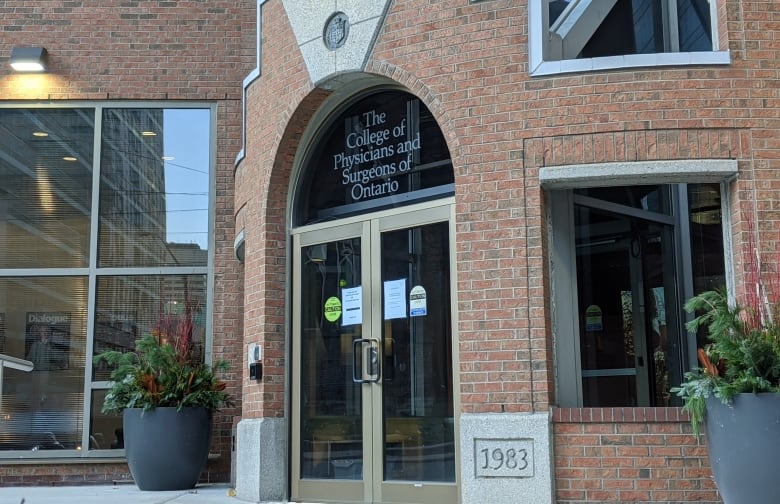
The Ontario Physicians and Surgeons Discipline Tribunal holds professional hearings and makes decisions based on arguments from both the doctor and the College of Physicians and Surgeons of Ontario (CPSO), a separate entity in charge of regulating medicine, investigating complaints and bringing cases to the tribunal.
The tribunal first revoked Noriega’s licence to practise medicine in 2011, then again in 2015 after he successfully appealed the ruling and for a while was allowed to return to work.
Noriega has been out of the medical profession for nearly a decade, living with his wife in a quiet townhouse in an affluent part of Toronto.
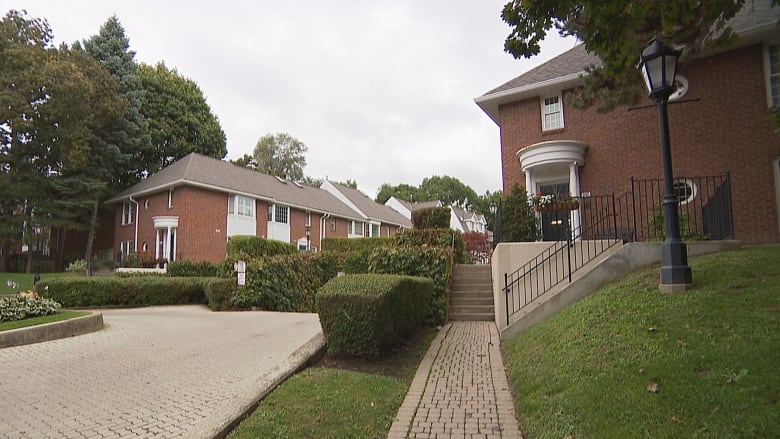
Barrow wants to know how he was able to continue working until 2015, despite multiple criminal and regulatory complaints that began in 2002 — long before Barrow came forward with her accusations.
CBC reached out to Noriega with a long list of questions. His legal counsel says it will not provide a statement due to the ongoing civil litigation.
SickKids, the other defendant in Barrow’s suit, also declined to comment for a similar reason.
In civil court documents, both the hospital and Noriega denied all of Barrow’s allegations, pointing to the passage of time, a lack of historical records and her own “pre-existing conditions” as elements that cast doubt on her claims.
“It’s time that child’s voice was heard. And it’s time my adult voice gets answers,” Barrow wrote in her letter to SickKids.
Susanne Barrow says she was sexually assaulted by a doctor at the Hospital for Sick Children (SickKids) in 1980, after she fell ill with food poisoning. In a statement in response to her civil suit, former doctor Eleazar Noriega has denied “that he ever touched the plaintiff.”
A controversial history
Various media outlets began covering Noriega’s controversial past in 2004, after the first known complaint against him came to light.
Over the next 11 years, news agencies dipped in and out of his legal and professional proceedings, reporting his eventual ejection from medicine.
But a CBC investigation has uncovered new details about the saga that paint a more complete picture of when complainants came forward, how regulators and authorities responded, and why Noriega was able to keep treating young patients for decades, both at his downtown office and at SickKids.
In total, Noriega appeared before the disciplinary tribunal four times to face three main allegations of sexual abuse.
Documents from those hearings reveal that in 2003, Noriega first pleaded no contest to inappropriately touching a 17-year-old patient’s breasts and genitals while treating her for chronic bronchitis during two separate appointments in his downtown Toronto office in 2002.
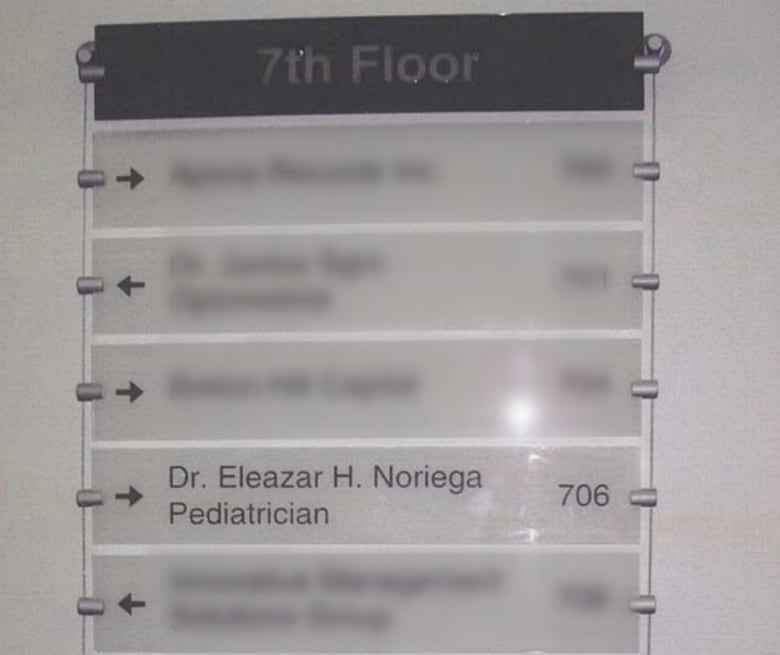
Under tribunal policy, a plea of no contest means its discipline committee can accept allegations against a member as fact.
According to the CPSO’s files, the teenage girl had been a patient of Noriega’s since birth. After leaving Noriega’s office, the 17-year-old said she felt confused and upset and called her best friend to relay what had happened, according to the documents.
The files also detail how the 17-year-old told her mother that night about the alleged assault and asked her “to never again take her younger sister to see Dr. Noriega.” Soon after, the teen filed a complaint with the CPSO.
The 17-year-old also went to the police, who charged the doctor with sexual assault and sexual interference. Both the girl’s friend and school guidance counsellor would later testify in court.
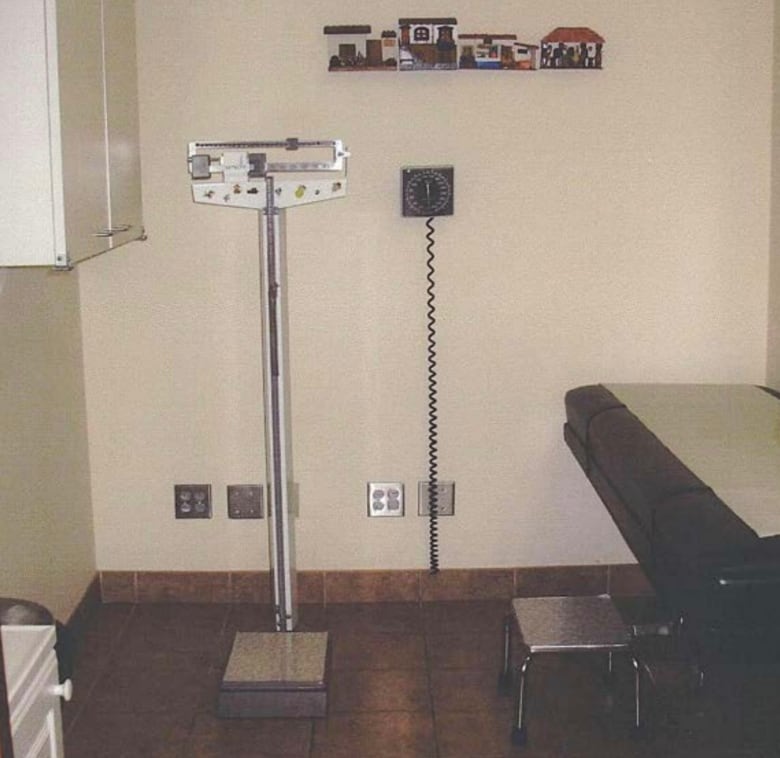
Noriega was eventually acquitted by a jury.
On the professional front, the tribunal suspended him from practising medicine for nine months — a decision supported by his own lawyers in their joint submission to the college.
At the time, the college said the penalty was appropriate in part because Noriega’s plea of no contest “saved the complainant from having to testify and avoided a longer hearing.”
Noriega signed an agreement not to examine any female patient unless accompanied by a member of the College of Nurses of Ontario or the CPSO.
He was also required to post a sign informing patients and visitors of those restrictions — a condition he was caught flouting years later during an internal investigation.
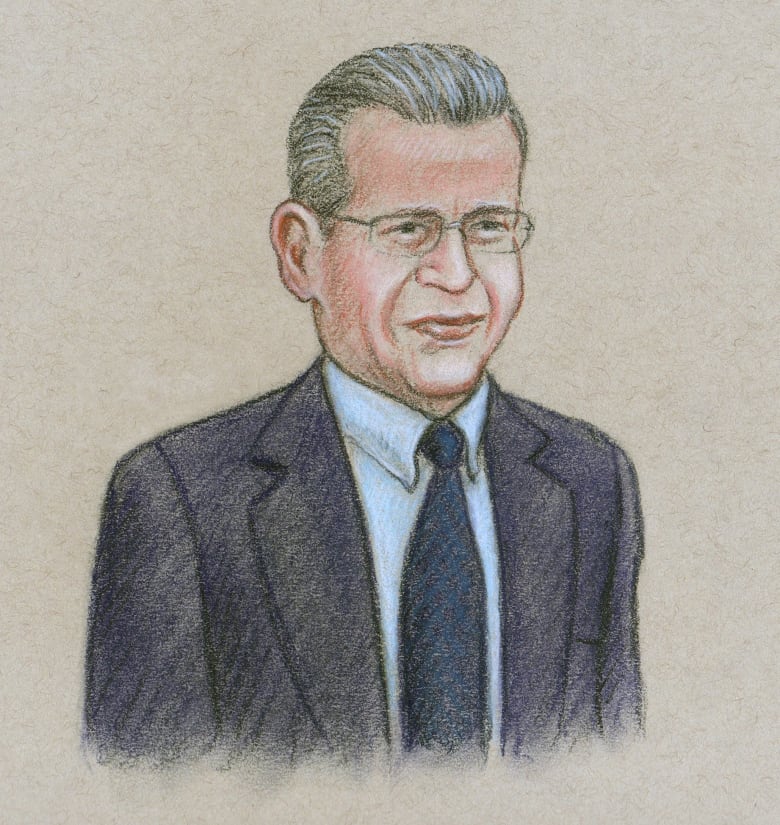
In an email to CBC, the college said it has a “a zero-tolerance policy” when it comes to sexual contact between a doctor and patient, even when it’s consensual.
“The range of penalties that can result from such a finding include revoking the physician’s certificate in registration, which is a mandatory outcome in many instances of sexual abuse,” said Jaclyn Hodsdon, a CPSO spokesperson.
Second case involved 8-year-old
Noriega resumed working for a few years, then in 2008, a parent came forward alleging the doctor had inappropriately touched her eight-year-old daughter during an immunization appointment at his private practice.
According to police transcripts obtained by CBC, the mother, whose name is also protected, described witnessing Noriega “stimulate” her daughter’s breast.
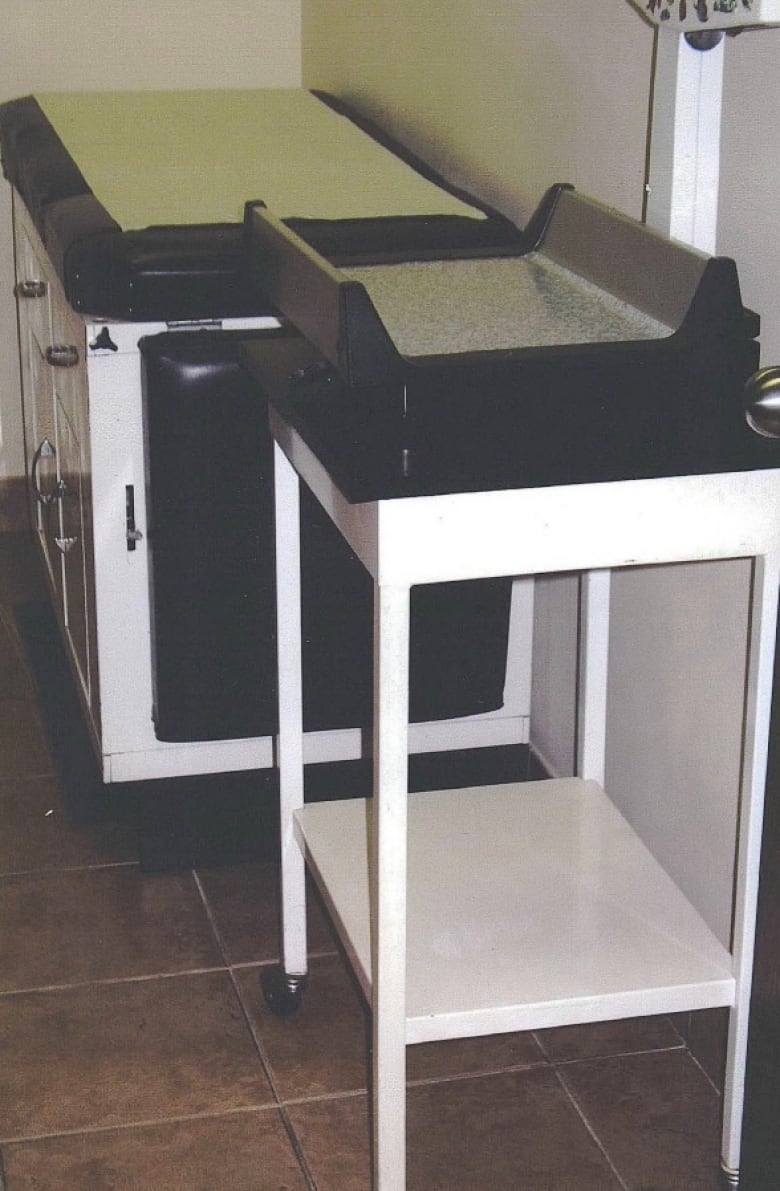
She told police she had taken her child to get a shot, but Noriega proceeded with a physical examination instead.
“Something told me that, wait a minute, I came here asking if she needed a shot, my daughter is fine, she is not sick, it seems weird to me,” the mother told detectives.
The woman also alleged it was not the first time she felt something strange had happened. In the transcripts, the mother said she had previously heard from her daughter that the doctor once put his hands inside the girl’s underwear.
“I called the Children’s Aid Society and they told me to call the College of Physicians,” the mother told police.
“[The college] told me that he had a record for the same problem,” she said at the time. “I took my daughter to a person who is sick and I didn’t know.”
A few days after the eight-year-old’s medical appointment, Toronto police charged Noriega with sexual assault and sexual interference. Those charges were later withdrawn.
By then, media attention was ramping up around the physician.
3rd complainant comes forward
After seeing news reports about Noriega’s 2008 arrest, a third complainant came forward in 2009, alleging the same doctor had sexually abused her when she was 15.
Her case predates all others, going back to 1979 when she visited a teen health clinic at SickKids.
Her complaint would once again result in a criminal charge, but the single count of indecent assault was later withdrawn.
It also triggered a series of disciplinary actions by the CPSO and the tribunal that ultimately ended Noriega’s career.
The third complainant’s story, as outlined in college documents, contained details of a miserable childhood rife with neglect and abuse, suggesting Noriega had taken advantage of a vulnerable youth.
The woman alleged Noriega sexually assaulted her by stimulating her genitals to the point of orgasm when she was a teen.
By then, the growing scrutiny on Noriega, both in the media and by law enforcement, had whipped up considerable attention to the case, bringing forth questions of accountability that remain unanswered today for the latest complainant who spoke with CBC.
Office warning sign covered over
While reviewing the second and third complaints, an investigator with the CPSO paid a visit to Noriega’s office in early 2010.
According to college documents, the agent found Noriega had failed to follow the conditions first imposed on him in 2003 — having a chaperone present in certain situations, and displaying a sign informing patients he was unable to examine female patients alone.
The investigator’s notes show the sign was covered over with a framed picture.
In 2011, the complaints brought forth by the eight-year-old girl’s mother and the third woman’s 1979 case finally proceeded ahead in tribunal.
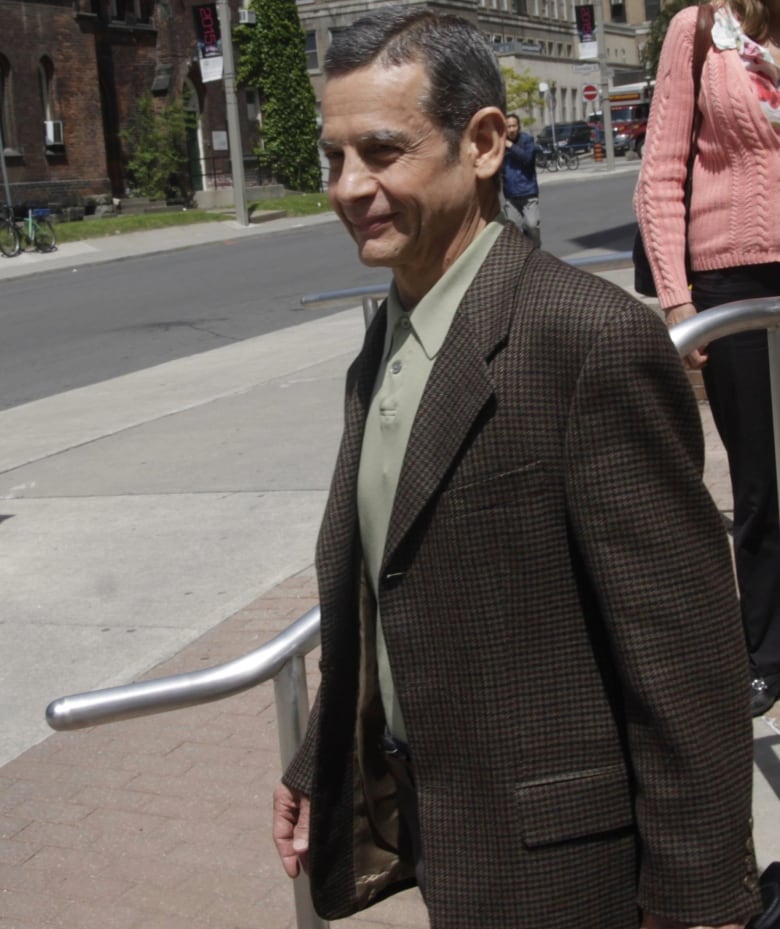
Noriega was found guilty of the 1979 allegations, but the 2008 allegations involving the younger child were dismissed.
The tribunal revoked Noriega’s medical licence, but he appealed the decision, requesting that the matter be heard by a new panel. While it was under appeal, the pediatrician was able to continue practising medicine.
In 2013, Noriega was once again suspended for six months for breaching conditions while he awaited his next tribunal hearing. A year later, a new disciplinary panel found him guilty of the 1979 allegations.
He attempted to appeal for a second time but was denied.
Noriega’s medical licence was revoked for a final time on July 17, 2015, six months after Barrow wrote her letter to SickKids alleging the 1980 assault.
Calls for accountability
Officials from SickKids responded swiftly to Barrow’s letter describing the incident.
The hospital flew her from Ottawa to Toronto in May 2015 to file a formal complaint with the Toronto Police Service, and provided $5,000 for victim counselling services.
After so many years, Barrow said she felt validated and thought she’d finally see some justice. But once the police interview was over and the counselling fund ran dry, she said support from SickKids ended abruptly.
“The hospital never reached out to me afterwards, not even with a phone call, everything was handled through [legal] counsel,” Barrow recalled.
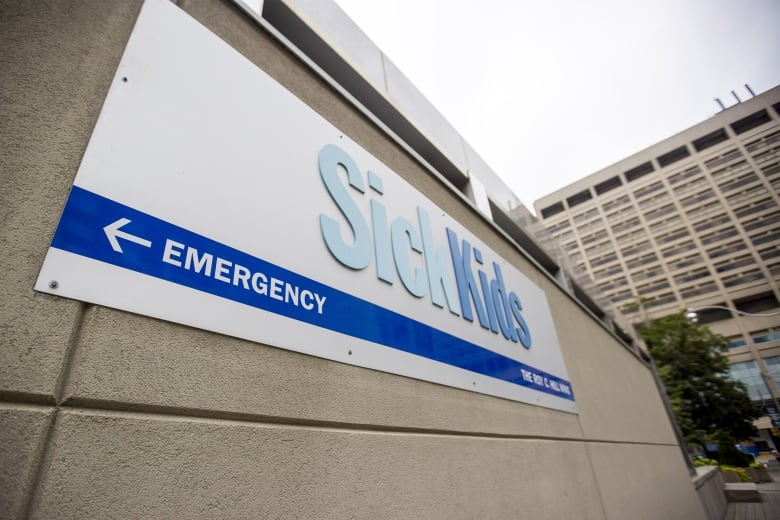
Barrow said she also felt let down by police, who she notes have never followed up with her since she filed her complaint. She said it’s unclear to her if any investigation took place.
“I didn’t hear anything. And where it went from there, I can’t say,” she said.
Toronto police told CBC it couldn’t comment on the 2015 police report in order to protect the victim’s identity. To date, the force has not laid any new charges.
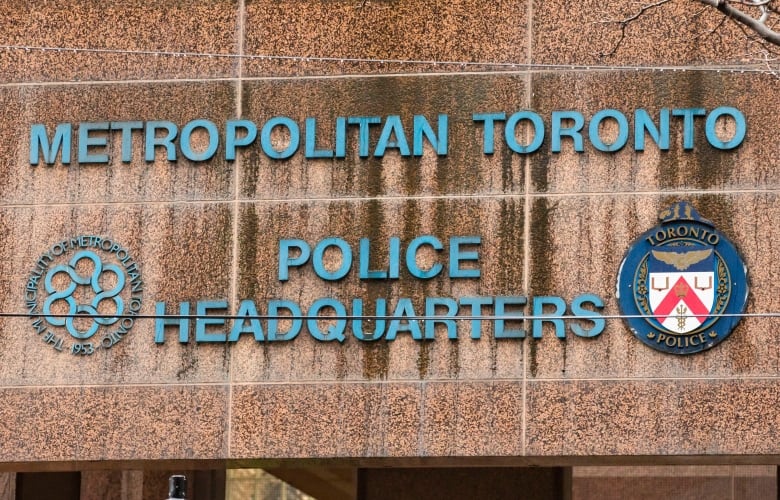
Throughout all of her dealings with SickKids, Barrow said hospital administrators never admitted fault or took any responsibility for what happened to her.
In its statement of defence, SickKids said it flew Barrow to Toronto to report the incident to police and contributed funds to assist with her psychological treatment “as a good will gesture and without admission of any liability or responsibility.”
Since the medical regulatory bodies had already handed down their most severe punishment against Noriega by stripping his ability to work as a doctor, Barrow felt the only recourse left was civil action.
In 2017, she hired lawyers to sue both Noriega and SickKids for breach of duty of care and to set a legal precedent. The claim argues SickKids failed to adequately investigate Noriega before granting him privileges to practise medicine on children in the hospital.
In its statement of defence, SickKids said it had no knowledge of Noriega’s “propensity” to inappropriately touch patients back in 1980.
Susanne Barrow describes how she struggled to process the sexual assault she says happened to her at SickKids in 1980. In response to Barrow’s civil suit, former doctor Eleazar Noriega “denies that he ever touched the plaintiff in a sexual manner or at all at any time whatsoever.”
Barrow initially filed the suit anonymously, but decided to speak publicly about her experience in the hopes that more victims will come forward.
The 57-year-old said what she endured when she was 12 altered the trajectory of her life.
Barrow said the incident left her traumatized, unable to pursue her education and career ambitions. She also claims it has caused serious mental health struggles, difficulty trusting others and challenges in maintaining healthy relationships, requiring ongoing medical treatment and counselling.
“You become vulnerable, almost like you have ‘prey’ written across your forehead,” she told CBC, adding that by the time she turned 13, she was already abusing substances.
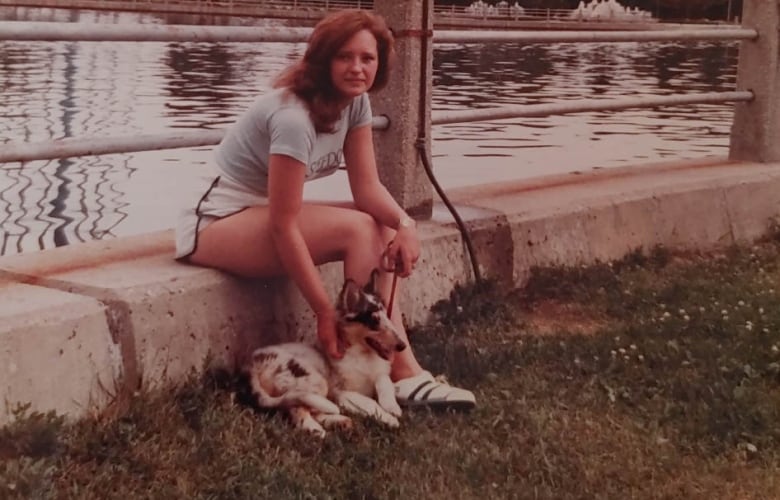
“There were a lot of drugs and alcohol,” she said. “Anything that would kill that pain, anything that would make me not think.”
Barrow’s civil matter against SickKids and Noriega is expected to go to mediation in the spring. If unsuccessful, a trial could be set sometime after April 2025.
Note: CBC Ottawa will publish a follow-up story looking into the alleged regulatory gaps in physician oversight.
Produced by Falice Chin and David Fraser
Support is available for anyone who has been sexually abused. Resources for family and children are available through the Canadian Centre for Child Protection. You can also access crisis lines and local support services through this Government of Canada website or the Ending Violence Association of Canada database. If you’re in immediate danger or fear for your safety or that of others around you, please call 911.
